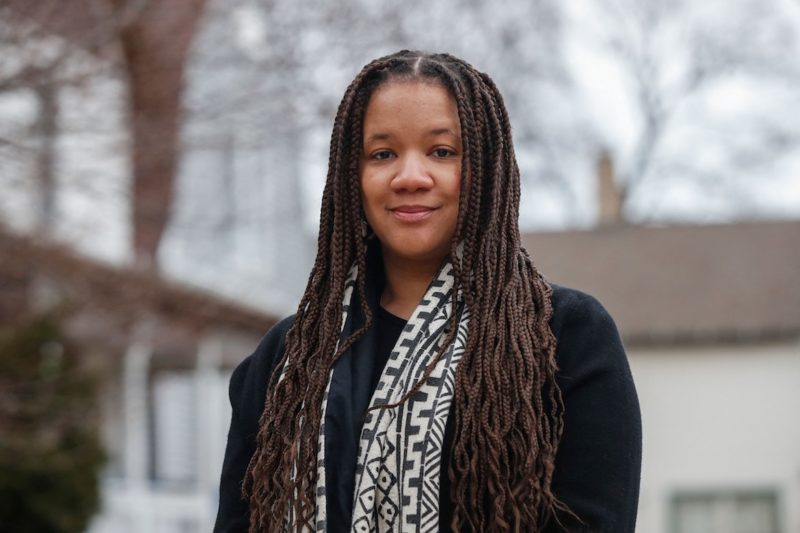EVANSTON, Ill. — The proposal in Evanston, a lakefront suburb of Chicago, on Monday was both pioneering and rare: a blueprint to begin distributing $10 million in reparations to Black residents of the city in the form of housing grants…
In Evanston, a city of 73,000 people that is home to Northwestern University and known for its liberal politics, members of the City Council said they were taking concrete steps that go beyond proposals that have emerged in American cities in recent years, committing funds to a city reparations program intended to address historical racism and discrimination.
But as the details of how the money would be distributed are beginning to take shape, elected officials, residents and activists for racial equity in the city say they are far from united on the specifics.
When the City Council overwhelmingly agreed in 2019 to create a reparations fund, it planned to use private donations and tax revenue from the sales of recreational marijuana, now legal in Illinois. The first phase of spending from the reparations fund will begin with $400,000 in housing grants toward home repairs, mortgage assistance or down payments toward a new home.
The grants take a different approach from the common view of reparations as cash payments to a wider group of Black Americans who have suffered from discrimination rooted in slavery.
In Evanston, the housing grants are more narrowly targeted to residents who can show that they or their ancestors were victims of redlining and other discriminatory 20th-century housing practices in the city that limited the neighborhoods where Black people could live. Eligible applicants could be descendants of an Evanston resident who lived in the city between 1919 and 1969; or they could have experienced housing discrimination because of city policies after 1969.
It is not clear how many people in Evanston would qualify, city officials said, and the number of available grants — of up to $25,000 each — is small. The population of Evanston is 17 percent Black, 59 percent white and 12 percent Latino, according to census data.










Comments Are Welcome
Note: We moderate submissions in order to create a space for meaningful dialogue, a space where museum visitors – adults and youth –– can exchange informed, thoughtful, and relevant comments that add value to our exhibits.
Racial slurs, personal attacks, obscenity, profanity, and SHOUTING do not meet the above standard. Such comments are posted in the exhibit Hateful Speech. Commercial promotions, impersonations, and incoherent comments likewise fail to meet our goals, so will not be posted. Submissions longer than 120 words will be shortened.
See our full Comments Policy here.